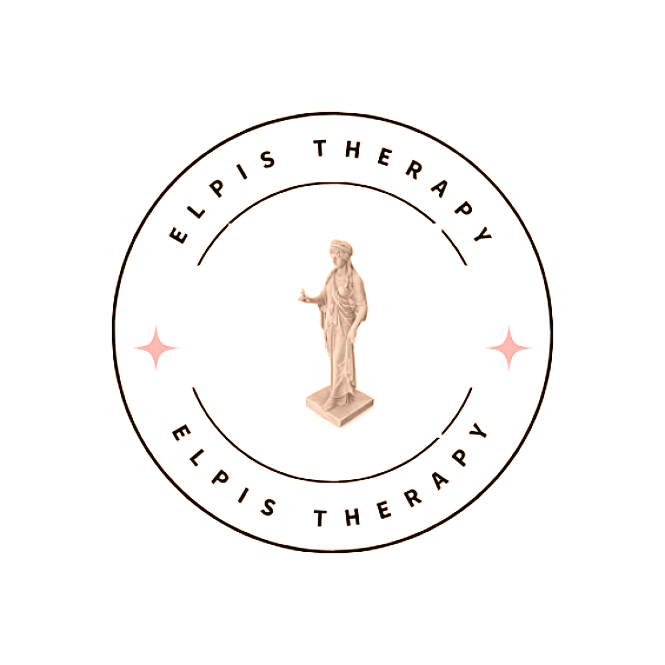Forgiveness
Unfulfilling relationships create negative emotions that affect our mental, physical, and spiritual health. Waves of anger, resentment, stress, and hostility consume our energy as we replay arguments, betrayals, and the countless efforts we made to keep the relationship alive. The pain often deepens when we remember the good moments we shared with those who later chose to hurt us. Our mind longs to make sense of these contradictions, to distinguish between illusion and reality. We may spend weeks, months, or even years circling these memories - sometimes seeking understanding, sometimes imagining revenge. Yet all this rumination only keeps us bound to the past, unable to move forward on the path of healing.
Reflection Prompt:
What memories or patterns do you find yourself replaying most often, and how do they affect your energy?
Forgiveness as Release
Healing requires forgiveness. Forgiveness is not about excusing or justifying another person’s harmful actions. It is about releasing our attachment to those painful experiences and reclaiming our freedom from them. Forgiveness is not a single event, but an ongoing practice of accepting that the past cannot be changed. Without this acceptance, resentment and bitterness hold us captive.
Reflection Prompt:
When you think about forgiveness, what fears or resistance arise for you?
Beyond Obligation
Importantly, forgiveness should never be imposed as a moral obligation. Messages such as “to forgive is divine” or “turn the other cheek” can create pressure, shame, or even retraumatization for survivors of harm. They may echo old wounds of powerlessness - times when our needs were ignored so that others’ needs could prevail. True forgiveness cannot come from pressure; it must come from within.
Reflection Prompt:
Have you ever felt pressured to forgive before you were ready? How did that affect your healing process?
Forgiveness as Choice
Forgiveness is a choice - an act of agency. It allows us to view our past not only as something that happened to us, but also as something that shaped us. Healing begins when we acknowledge our pain, affirm our power to make different choices, and gradually release the hold of the past. Our minds may move back and forth - between grief, anger, and acceptance - before finally settling in the present.
Reflection Prompt:
In what ways can choosing forgiveness give you back a sense of power or freedom?
Reconciliation or Protection
In some cases, forgiveness may lead to reconciliation, but only when the person who caused harm demonstrates genuine accountability, seeks to repair the damage, and proves trustworthy. Even then, reconciliation is never required. If your safety has been compromised, protecting yourself must remain the highest priority.
Reflection Prompt:
What boundaries feel essential for you to protect your emotional and physical safety?
Turning Inward: Self-Forgiveness
Forgiveness can also mean turning inward. Sometimes, the hardest person to forgive is ourselves. Deep reflection may reveal the ways our own unhealed wounds shaped our relationships. Childhood experiences - such as criticism, bullying, neglect, or witnessing abuse - can distort our sense of what love looks like. If we enter adulthood without addressing these wounds, we may struggle to love ourselves unconditionally, leaving us vulnerable to relationships that repeat old pain.
Reflection Prompt:
What parts of yourself are you still holding blame toward, and what would it mean to forgive them?
Understanding Others’ Wounds
Acknowledging this truth does not absolve those who hurt us, but it brings understanding: they, too, often entered relationships with unhealed wounds, sometimes inherited across generations. Cycles of trauma - rooted in poverty, rigid traditions, or unresolved family pain - can repeat endlessly until someone chooses a different path.
Reflection Prompt:
When you consider the wounds of those who hurt you, how does it shift your perspective - if at all?
The Freedom of Forgiveness
Forgiveness interrupts this cycle. It frees us from carrying pain that is not ours to keep. It opens our hearts to self-love, compassion, and empathy, while also deepening our resilience. To forgive is not to forget - it is to release, to grow, and to choose peace over pain.
Reflection Prompt:
If you were to release even one piece of pain today, what would it be, and how might it change the way you feel?
